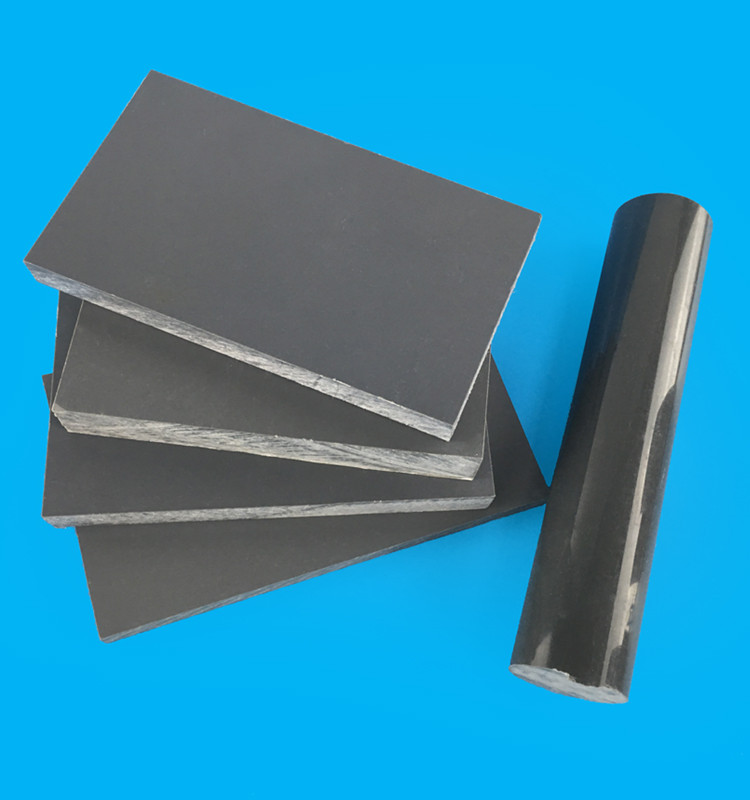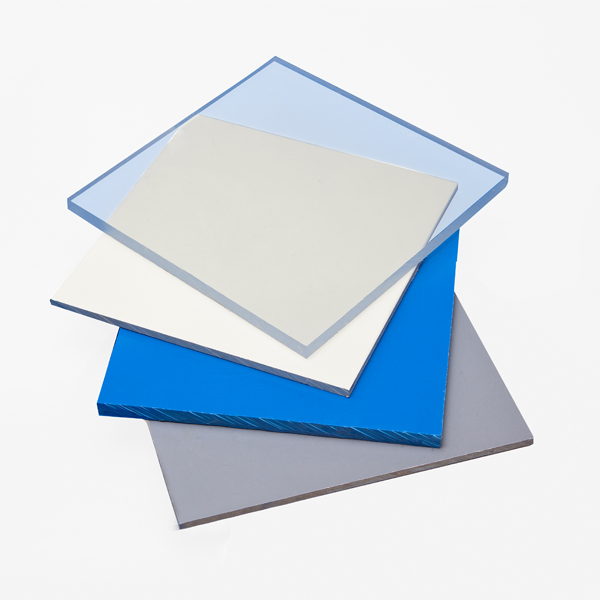Waste is forbidden to import, and domestic environmental protection is strictly checked. The ensuing trend is the price surge and the shortage of goods. For the downstream industry of recycled plastics, where do the raw materials come from? How to take the path? Become the biggest problem at present.
Imported recycled granules are regulated by general raw materials
In the process of policy completion, although there is a ban on waste plastics, there is no obvious restriction on plastic recycled granules. It is a major positive for imported granules. Many plastics companies have turned to Vietnam, Thailand, Malaysia and other countries to import recycled granules.
On May 27, 2014, China Waste Plastics Association proposed a “three unified†supervision method, so that most of the plastic recycled pellets are regulated according to general raw materials and are not managed according to solid waste.
"Three unifications", the goods that have been made into primary shapes are in accordance with: batch uniform color, uniform particle size, uniformly packaged recycled plastic pellets, not regulated by solid waste.
The proposal has been adopted by the Customs and Excise Department and the Department of Environmental Protection of the Ministry of Environmental Protection. On May 30, the Supervision Department of the General Administration of Customs sent urgent documents to the Guangdong Branch and the respective customs offices to further clarify the import of recycled plastic pellets as follows:
1. Recycled plastic pellets of primary form processed from waste plastics. If the imported batches of the same batch are of the same color, uniform particle size and shape, consistent packaging, and meet the relevant specifications and standards of plastic materials or products, According to solid waste supervision.
2. If the recycled plastic particles are found to be suspected of solid waste during the supervision process, they should be identified according to the nature of the solid waste.
Recycled plastic pellets have a strong advantage
The demand is large. Mr. Huang Chuxi, Executive Chairman of China Waste Plastics Association, said: "Before 2017, China imported more than 2 million tons of waste PE film every year. After the ban, this huge raw material gap will take a long time to replenish."
There is a large demand for pe recycled particles such as greenhouse film particles and pull tubes. "At present, the recycled granules sold to the mainland are mostly pe, pet, about 5 million tons; in addition, sales of pes, ps, ABS, and tons of bags are very good." Huang said.
The price is low. Ms. Tian, ​​general manager of Baoding Senao Import and Export Trade Co., Ltd. introduced that they imported plastic recycled granules from Southeast Asian countries as distributors. The imported type is hdpe, and the recycled plastic pellets are 1,000 yuan cheaper than the new materials.
Environmentally friendly. The transfer of waste plastics enterprises to Southeast Asia to build factories and export recycled granules to the mainland is a major direction for the transformation of the industry. It not only makes up for the raw material gap, but also avoids the pollution problem, and can enjoy the VAT-free policy.
Imported recycled plastic granules precautions
Recently, a company was detained by Fuzhou Customs because of the uncertainty of imported black plastic pellets. It was finally sent to the Recycling Raw Materials Inspection and Qualification Laboratory of the Industrial Products Testing Technology Center of Shenzhen Entry-Exit Inspection and Quarantine Bureau to identify the property of solid waste.
Therefore, the importing enterprises are reminded that the imported recycled granules need to prove that the goods can meet the relevant specifications of plastic materials and products or the relevant specifications and standards of the products, in addition to satisfying the “three consistencyâ€.
It is best to prepare a description of the goods for use during the customs clearance process. The manufacturer can be required to provide relevant inspection forms for the physical properties of the goods to prove that the goods can meet the contract requirements signed by both parties.
PVC is the most widely used member of the vinyl family. Common applications include chemical processing tanks, valves, fittings & piping systems,and there are some products of pvc rigid sheet and pvc plastic sheet. PVC The outstanding performance of PVC includes high mechanical strength, high hardness, good chemical resistance, electrical insulation, good printing and welding. PVC modified varieties including high polymer PVC, chlorinated PVC and PVC / ABS alloy. It`s working temperature is 0℃~+70℃.
-
Advantages:
♦ High mechanical strength, high hardness
♦ Good electrical insulation
♦ Excellent chemical and corrosion resistance
♦ Good printing and welding
♦ Flexibility adjustable
♦ Inflame retardingDisadvantages:
♦ Poor thermal stability
♦ Poor processing properties
♦ Poor impact resistance,
♦ Poor aging resistance and cold resistance


White Pvc Sheet, Blue Pvc Sheet, Black Pvc Sheet, Grey Pvc Sheet
SHENZHEN XIONGYIHUA PLASTIC INSULATION LTD , https://www.xyhplastic.com